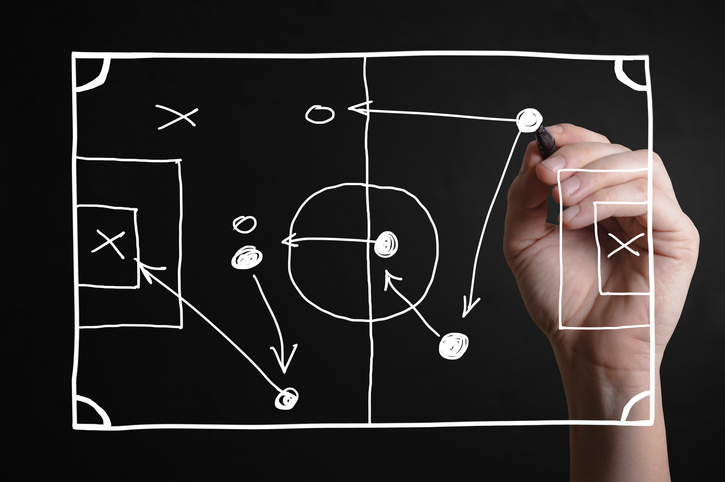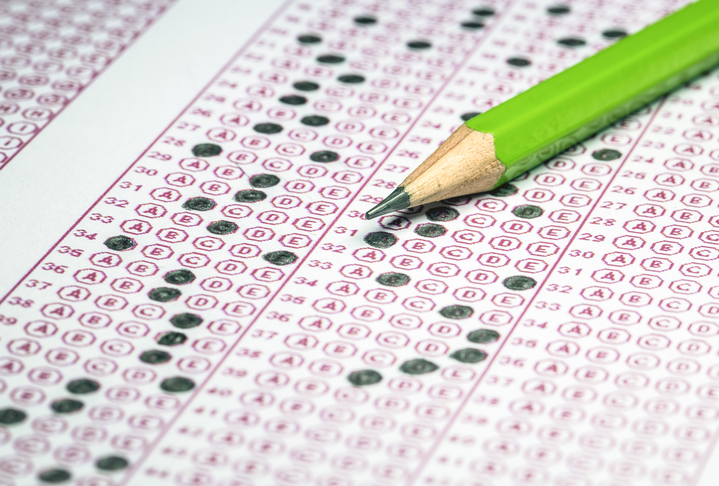I used to be staunchly against college players getting paid. I thought that tuition, room, and board along w/ quality education was enough payment. Then, I watched as elite football universities broke those amateur rules w/ under the table deals. Cars and cash were given away. The NCAA stood by and did nothing to some schools while they arbitrarily penalized others. It was at the point that I realized those deals needed to be legalized in the eyes of the NCAA. Further, it is flatly wrong to limit an American citizen from making money with their God given skills. Our best software developers learned their craft while in their college years. They became billionaires at an early age. Why are we preventing athletes from having the same right?
In reality, players were making collective billions for universities and the NCAA. Massive stadium cathedrals were built along w/ lavish training facilities. The players received a mere fraction of that income in return. It is wrong not to pay someone their worth. Many of those players, especially in contact sports, dealt with long term injuries which prevented them from holding down permanent jobs. They had little financially to show for there 4-5 years of dedication in collegiate sports. That had to change.
Then, came the groundbreaking case that broke the dam. NCAA vs Alston. In a rare bipartisan opinion, the Supreme Court issued this opinion from conservative justice Brett Kavanaugh:
To be sure, the NCAA and its member colleges maintain
important traditions that have become part of the fabric of
America—game days in Tuscaloosa and South Bend; the
packed gyms in Storrs and Durham; the women’s and men’s
lacrosse championships on Memorial Day weekend; track
and field meets in Eugene; the spring softball and baseball
World Series in Oklahoma City and Omaha; the list goes
on. But those traditions alone cannot justify the NCAA’s
decision to build a massive money-raising enterprise on the
backs of student athletes who are not fairly compensated.
Nowhere else in America can businesses get away with
agreeing not to pay their workers a fair market rate on the
theory that their product is defined by not paying their
workers a fair market rate. And under ordinary principles
of antitrust law, it is not evident why college sports should
be any different. The NCAA is not above the law.
Then, the State of Tennessee and Commonwealth of Virginia sued the NCAA for trying to enforce an arbitrary rule in which other schools were blatantly not following. The gist of the case was that the NCAA was a monopoly (and acting as such) in preventing players from earning a fair wage.
Tennessee and Virginia filed this lawsuit in January, arguing that the NCAA violated antitrust laws in its enforcement of rules that unfairly restricted how student-athletes can commercially use their NIL at a critical juncture in the recruiting process. These anticompetitive restrictions violate the Sherman Act and harm the States and the welfare of their student-athletes. In February, the Eastern District Court of Tennessee granted the plaintiffs’ request for a preliminary injunction.
In short, the states won. The ability of the NCAA to restrict players from earning a fair wage was completely destroyed in a one-two punch by the SCOTUS and the states’ anti-trust suit.
The Wild West of paying players via third party financial groups rapidly ensued. For the first time every, players could make money from their name, their image, and their likeness. Collegiate players became overnight millionaires. Coupled with a very generous transfer rule and poorly written contracts, players began to be paid well above their market value in some cases. The schools which had benefited from the “old system” (of under the table settlements) balked at the new NIL system. A deal was struck – the House Settlement.
Unfortunately, the House settlement will likely restrict the newfound free market. The House settlement is a revenue sharing agreement between universities players. The settlement is a house of cards. A clearinghouse for payments was constructed. I certainly think that if the NCAA tries to enforce the new clearinghouse, it will lose in court. That clearing house is designed to keep payments above board and regulate such payments w/ an arbitrary salary cap. It will very likely be roundly defeated by a predicted (by me)near unanimous decision by the SCOTUS. Indeed, as I write there is a lawsuit has already been filed by women who play NCAA sports stating that the new rule violates Title IX.
Bottom line. A student athlete’s ability to to earn a living cannot and should not be restricted by arbitrary rules from the NCAA. While coaches are making obscene amounts of money, it is interesting that few (of those wanting to return to the old system) are requesting those coaching salaries be capped. If a coach can make unrestricted money, so should players. Then, let the market correct itself.
ProTip: This is coming to the high school level if it isn’t there already. While amateurism is an honorable ideal, it should not be required of a person. In the United States of America, you are free to earn a living legally and receive a fair market share which you yourself can negotiate.
Discover more from Rob's Innovation in Education Blog
Subscribe to get the latest posts sent to your email.




